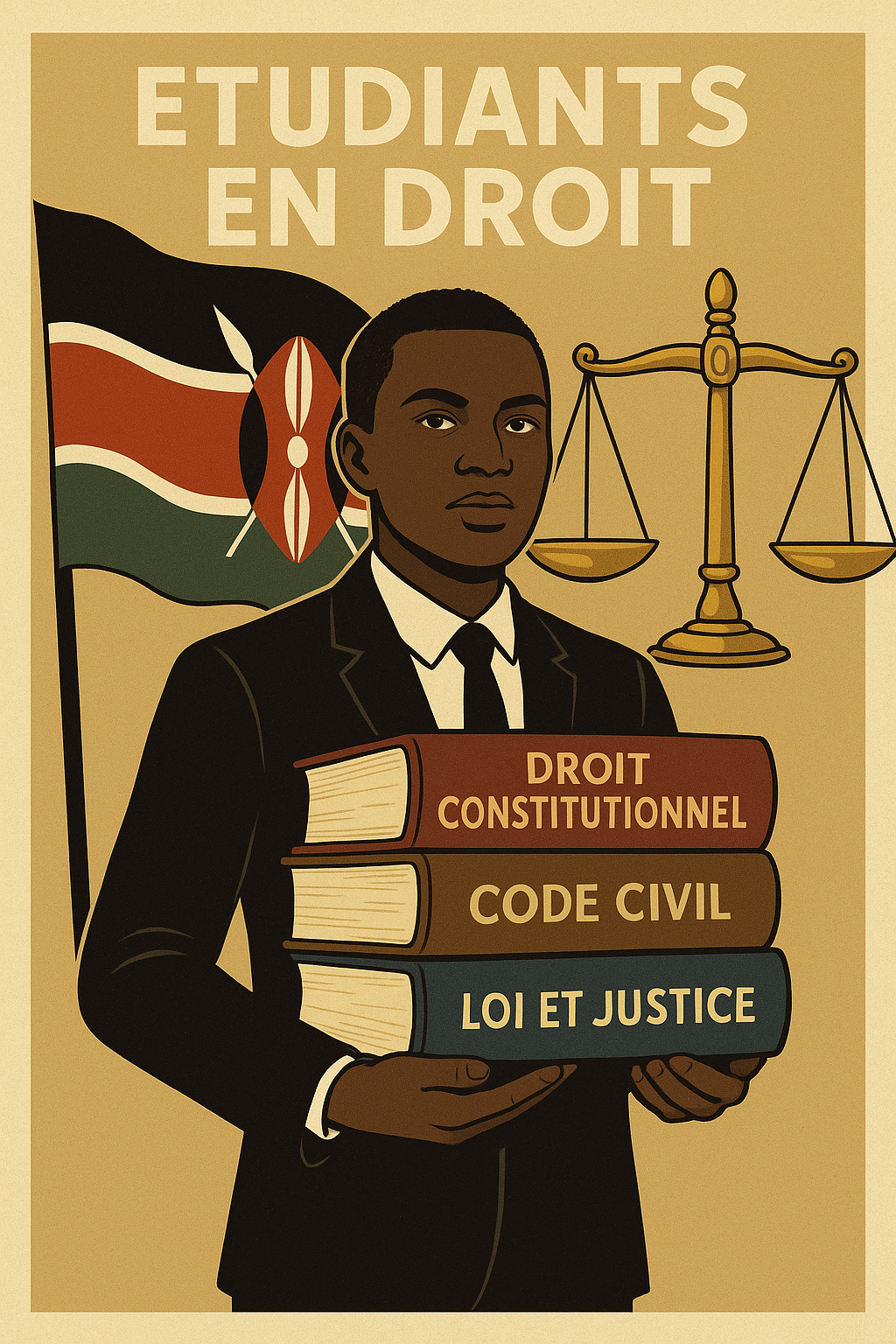Modern Digital Systems and ICT Skills: Fundamentals of ICT for Lawyers: History and
development of computers, computer hardware and software (definitions, input/output devices,
processors, memory, storage, data/information), networks and the Internet, operating systems
(Windows, file management, MS DOS prompt basics); Microsoft Office Suite for Legal Practice
and Open Source Equivalence: MS Word: Fundamentals, advanced features (formatting, tables of
contents, macros, track changes, styles), legal document preparationMS Excel: Tools and
concepts (formulas, templates, data sorting, graphs, smart sheets, data im; port/export, macros),
data analysis for legal contexts (billing, case tracking); MS Access: Tools and concepts, database
management for client records; PowerPoint: Basics of preparing presentations, format templates,
motion, sound, courtroom visuals; Internet and Legal Research: Definition, brief history, URLs,
search engines, advanced searching techniques, online legal research platforms (e.g. Kenya Law
Reports, https://new.kenyalaw.org/), e-services for lawyers CTS, e-Cause-List (online case status
checks), electronic filing, e-conveyancing in Kenya; Cybersecurity and Data Management for
Lawyers: Cybersecurity awareness, secure communication practices, data encryption, secure file
storage, anti-virus measures, recognizing suspicious emails and websites, protection of sensitive
client information, Kenya's cybersecurity framework (Constitution of Kenya 2010, Kenya
Information and Communication Act No.2 of 1998, Computer Misuse and Cyber Crimes Act No.
5 of 2018, Data Protection Act No. 24 of 2019), data management principles (CIA. security,
access, validation, privacy, redundancy, retention, core legislative regimes), strategic importance
of information security and contractual arrangements; Legal Implications of Technology:
Intellectual Property Rights: Copyright for computer programs, preparatory design material,
databases; patent law concerning software inventions; design law protecting computer graphics
and icons; trademark law in the digital space; Electronic Contracts and Torts: Formation of misstatement online; Information and Communications Technology Crime: Fraud, unauthorized
access ("hacking"), damaging computer programs or data by viruses; Data Protection Law:
General principles, distinction between privacy and data protection, rights and obligations of data
controllers and subjects, lawfulness of processing, automated individual decision-making,
Kenyan Data Protection Act 2019, global context of data protection, ethical dimension of ICT use
and management; Pervasive Technologies in Law: AI, Cloud Computing, Blockchain Technology.
- Teacher: Phionah Achieng Uhuru
The nature and origin of contract law, sources of contract law, classification of Contracts, role
played by contract law in trade and development, the elements of a contract, contents of a
contract, standard form contracts, parties to contracts, doctrine of privacy of contract; unwritten
and written terms; express and implied terms, proof of terms of contract, valid and void contracts;
structure of contract law, common law and civil law approaches to contract law theory, current
issues in contract law
The history and development of the concept of tortious liability in England and other jurisdictions, definition of Tort , meaning and functions of the law of Torts, general characteristics of tortious liability, parties to a suit in tort and the persons immune from suit, standard of care expected of a defendant, liability; without proof where maxim res ipsa loquitor applies, it is clear, various types of Torts (negligence, Trespass, Defamation, nuisance, the elements of every specific Tort, their principles, and the relevant defenses (in negligence -contributory negligence, voluntary assumption of risk, statutory authority, Acts of God) and remedies available for breach of specific Tort, the capacity to sue in torts, Limitation of actions founded on Torts; and the law of torts in Kenya.

